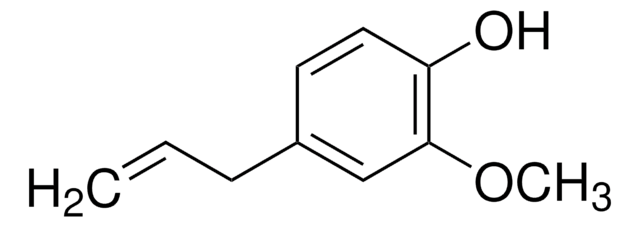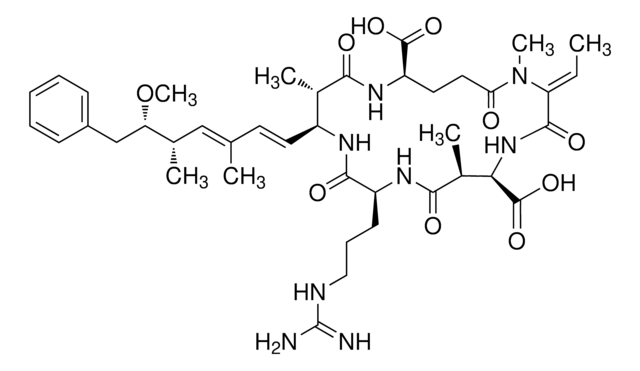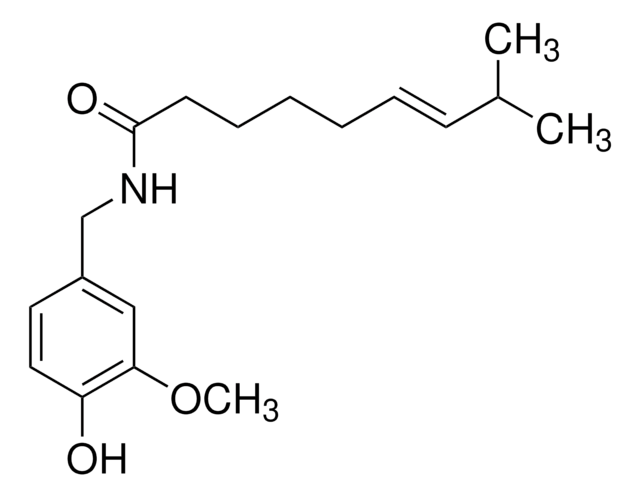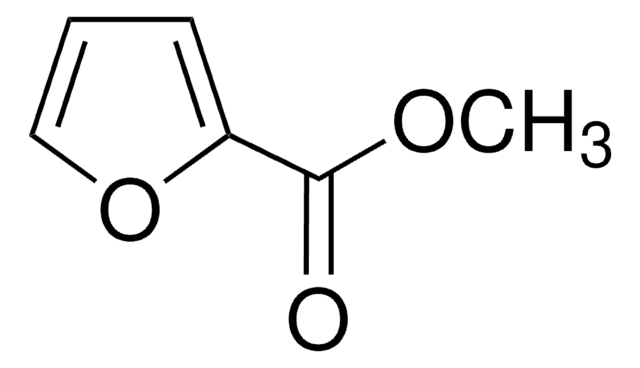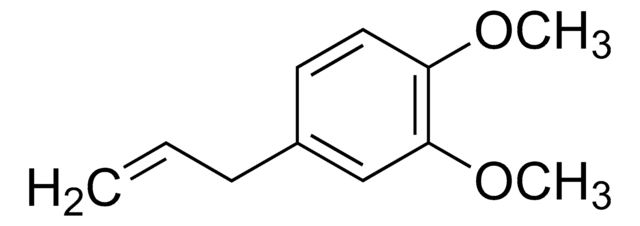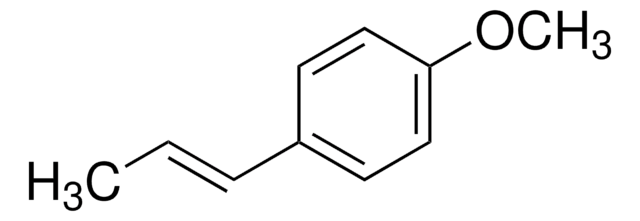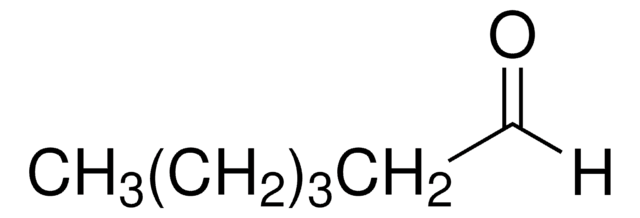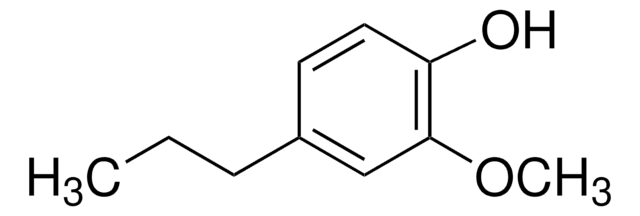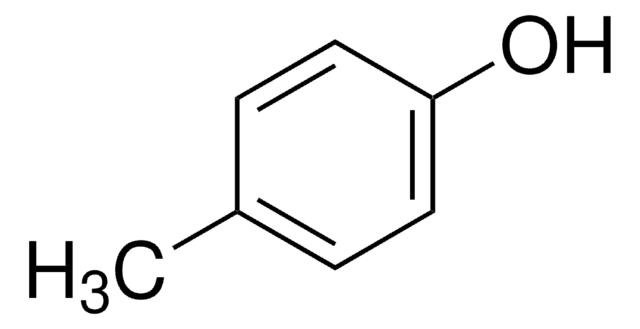W246808
Isoeugenol
mixture of cis and trans, 99%, FG
Synonym(s):
2-Methoxy-4-propenylphenol
About This Item
Halal
Kosher
Recommended Products
biological source
synthetic
Quality Level
grade
FG
Halal
Kosher
Agency
meets purity specifications of JECFA
reg. compliance
EU Regulation 1334/2008 & 178/2002
FDA 21 CFR 117
FDA 21 CFR 172.515
vapor density
>1 (vs air)
vapor pressure
<0.01 mmHg ( 20 °C)
Assay
99%
refractive index
n20/D 1.575 (lit.)
bp
132 °C/10 mmHg (lit.)
density
1.082 g/mL at 25 °C
application(s)
flavors and fragrances
Documentation
see Safety & Documentation for available documents
food allergen
no known allergens
Organoleptic
clove; woody; spicy; sweet
SMILES string
OC1=CC=C(/C=C/C)C=C1OC
InChI
1S/C10H12O2/c1-3-4-8-5-6-9(11)10(7-8)12-2/h3-7,11H,1-2H3/b4-3+
InChI key
BJIOGJUNALELMI-ONEGZZNKSA-N
Gene Information
rat ... Ar(24208)
Looking for similar products? Visit Product Comparison Guide
Signal Word
Warning
Hazard Statements
Precautionary Statements
Hazard Classifications
Acute Tox. 4 Dermal - Acute Tox. 4 Oral - Eye Irrit. 2 - Skin Irrit. 2 - Skin Sens. 1A - STOT SE 3
Target Organs
Respiratory system
Storage Class Code
11 - Combustible Solids
WGK
WGK 2
Flash Point(F)
233.6 °F - closed cup
Flash Point(C)
112 °C - closed cup
Personal Protective Equipment
Choose from one of the most recent versions:
Already Own This Product?
Find documentation for the products that you have recently purchased in the Document Library.
Customers Also Viewed
Our team of scientists has experience in all areas of research including Life Science, Material Science, Chemical Synthesis, Chromatography, Analytical and many others.
Contact Technical Service

